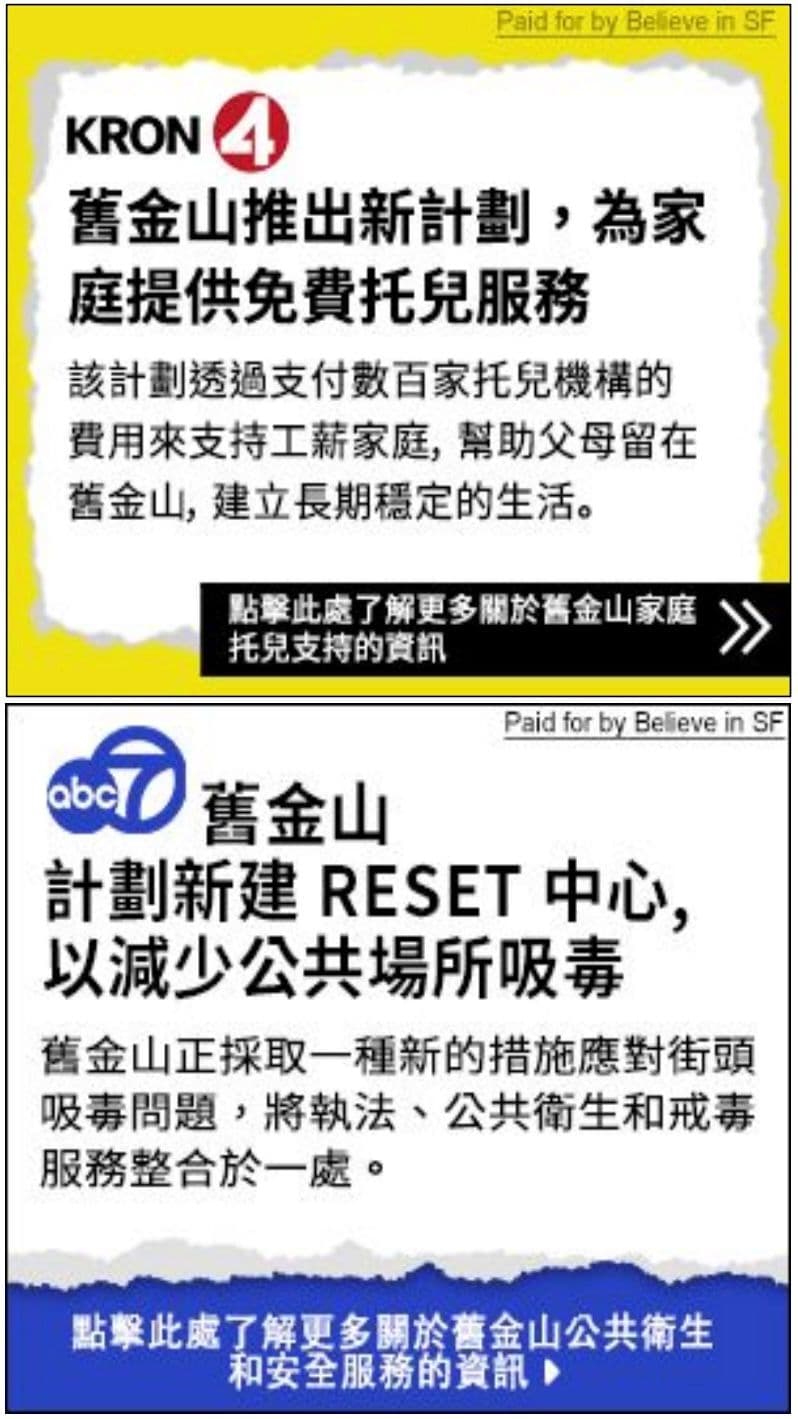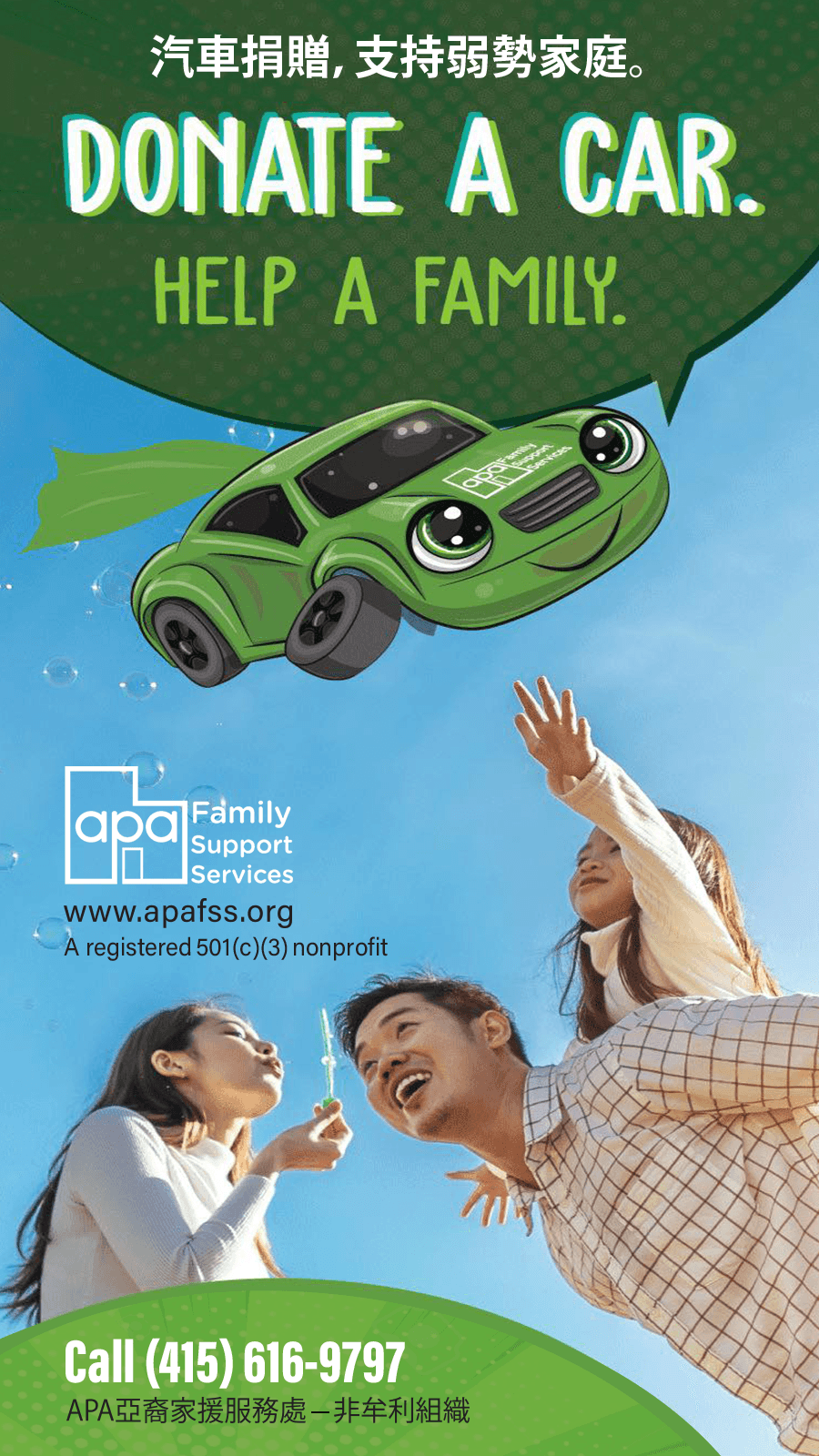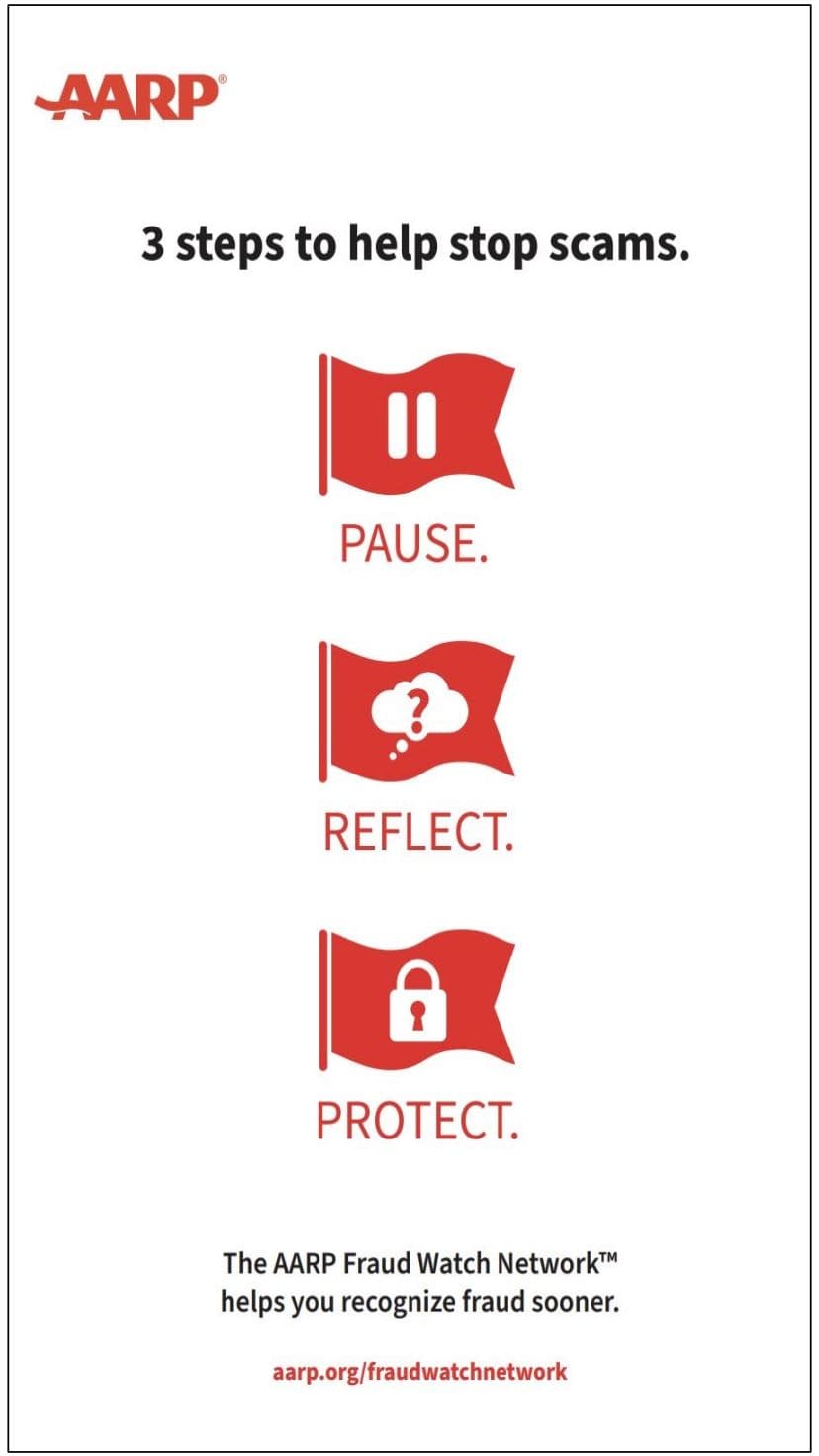SNAP (Food Stamps) to stop issuing funds in November, participants begin to save current benefits for future food

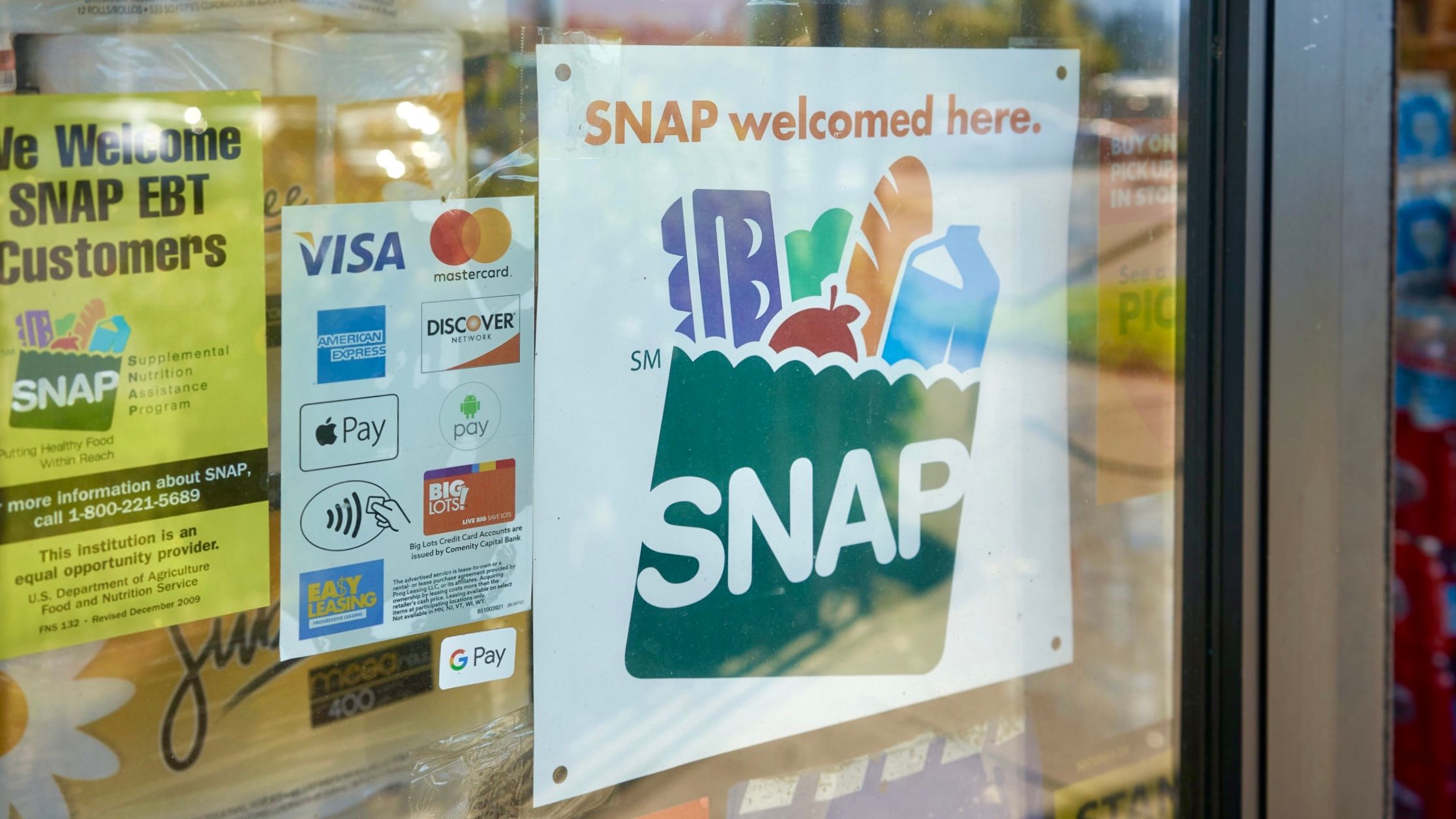
SAN FRANCISCO — 42 million participants of Supplemental Nutrition Assistance Program (SNAP) which is formerly known as Food Stamps program will not be able to receive their benefits in November as scheduled because of possibly insufficient funds from the U.S. Department of Agriculture (USDA) due to the federal government shutdown.
SNAP is a federal program overseen by the U.S. Department of Agriculture. It provides low-income families monthly benefits to access healthy food. Funds for the program are allocated monthly via Electronic Benefits Transfer (EBT) cards which allow participants to pay for the food using SNAP benefits.
In the Asian community across the San Francisco Bay Area, seniors and low income families are primarily participants of the SNAP/CalFresh program. Some participants who heard of the delay in issuing the SNAP benefits have begun to spend less for food in order to save the benefits for November.
Yuk Jin Wong, 75, who lives in a SRO apartment in San Francisco Chinatown, shared with Wind Newspaper that she has always prepared for any situation like this by saving some SNAP benefits each month. "The unused monthly benefits could be saved for future months. So I would always buy less food to avoid using them all. It is my regular practice.”
“Because of the current situation, I would save even more and buy much less food for myself,” said Wong. “But I don’t know how long the delay will be. Then it will become very difficult for me.”
Another Chinese immigrant elderly, who is also in her 70s and did not want her name to be reported, hoped for the best that the Congress would resolve all the disputes between two political parties soon. “They should make decisions for the best interests of all Americans.”
She said the SNAP benefits have been very helpful to her daily life, while the program should be improved by adding more food categories to the program beside vegetables, fruits and uncooked meat.
The federal government shutdown began on October 1. Participants of the SNAP program received their October benefits as usual despite the shutdown. However, the shutdown has continued for almost a month without signs to predict when it will end.
In California, SNAP is known as the CalFresh Program and administered by the California Department of Social Services (CDSS). About 5.5 million residents, 14% of California population, are participants of CalFresh/SNAP to receive their monthly benefits for food assistance.
On October 10, the CDSS issued an official notice to all county welfare directors notifying them of the possible delay of delivering the benefits from the federal government.
“On October 10, 2025, the United States Department of Agriculture, Food and Nutrition Service (FNS) issued a memo informing state agencies that currently available federal funds will not be sufficient to pay full November 2025 SNAP benefits nationwide, including to the approximately 5.5 million Californians who currently receive SNAP benefits. Each month California issues approximately $1.1 billion in federal CalFresh benefits to eligible Californians,” the CDSS stated in the notice.
As of the latest, the U.S. Department of Agriculture has confirmed on its website that no SNAP benefits will be allocated in November.
The USDA wrote in a statement online, "Senate Democrats have now voted 12 times to not fund the food stamp program, also known as the Supplemental Nutrition Assistance Program (SNAP). Bottom line, the well has run dry. At this time, there will be no benefits issued November 01. We are approaching an inflection point for Senate Democrats. They can continue to hold out for healthcare for illegal aliens and gender mutilation procedures or reopen the government, so mothers, babies, and the most vulnerable among us can receive critical nutrition assistance."
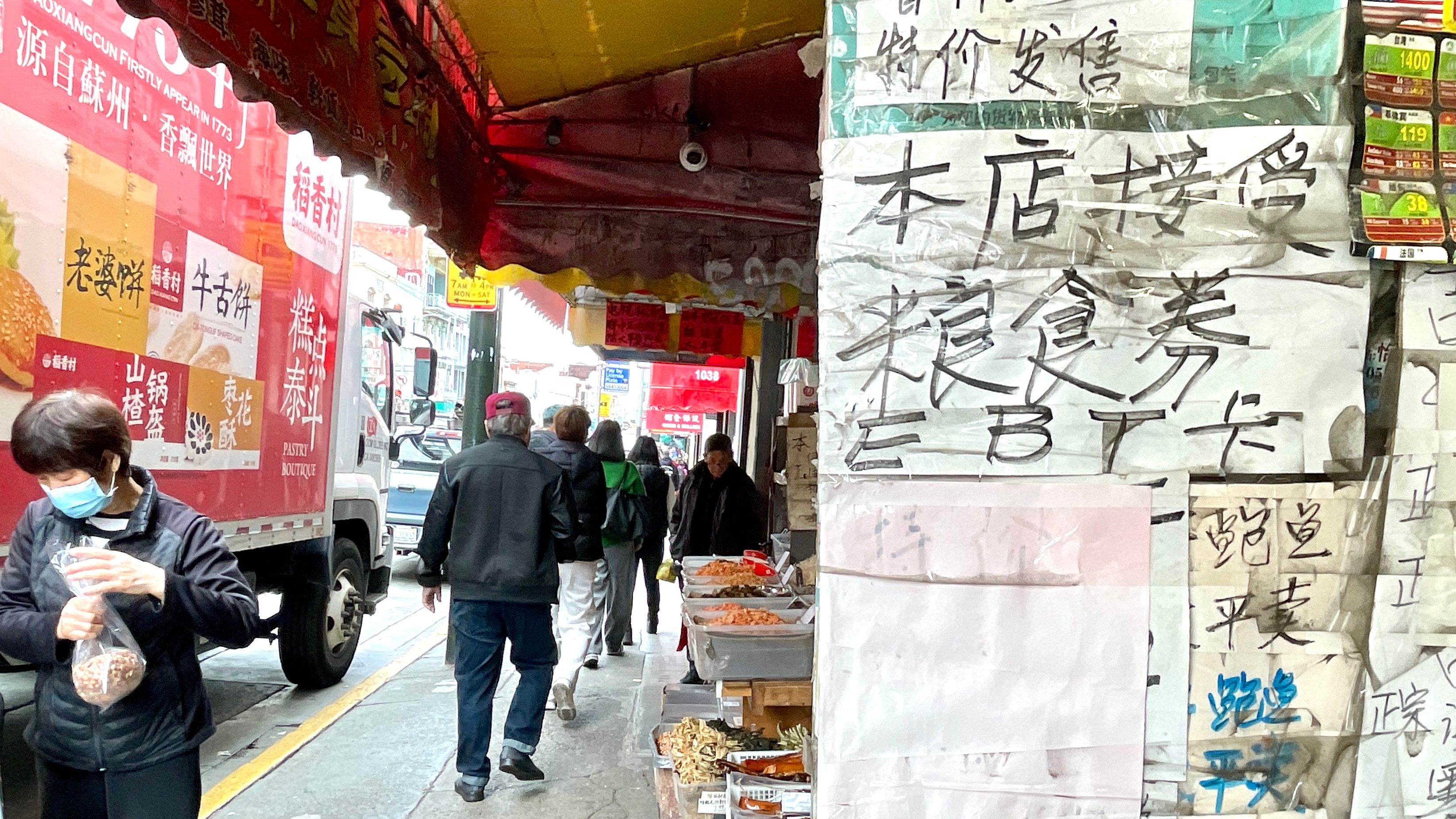
“Trump’s failure to open the federal government is now endangering people’s lives and making basic needs like food more expensive — just as the holidays arrive. It is long past time for Republicans in Congress to grow a spine, stand up to Trump, and deliver for the American people,” Governor Gavin Newsom said in a statement in response to the potential SNAP benefit delay.
"This devastating potential delay to people’s food comes as the Thanksgiving holiday approaches — likely meaning many could now go hungry during the holidays and putting further stress on local food banks," Newsom said. "In California, 63.2% of SNAP participants are children or elderly."
California Attorney General Rob Bonta co-led a coalition of 23 attorneys general across the nation in sending a letter to the U.S. Department of Agriculture’s (USDA) Secretary Brooke Rollins, expressing "grave concerns" about a potential lapse in issuance of SNAP benefits for the month of November.
Bonta said he and his fellow attorneys general demanded clarity and additional information on how USDA planned to proceed. "SNAP benefits should never be an afterthought — protecting the families who rely on these benefits to keep food on the table must be a priority.”
Bonta also said the USDA appeared to have at least $6 billion and perhaps more in SNAP contingency reserve funds that Congress appropriated for emergency situations like this. The attorneys general argued in the joint letter that the federal government should use those funds to continue providing SNAP benefits rather than direct states to suspend already-calculated allotments.
"USDA also has access to Section 32 funds that could also be used to provide SNAP benefits during the ongoing shutdown,” Bonta further said.
In 2023, children aged 0-17 comprised nearly 39% of SNAP recipients in California, adults aged 60 and older made up nearly 20%. Data has showed that 84,931 veterans in California in recent years have lived in households that depend on SNAP for their nutrition needs, Bonta stated.
The attorneys general who joined Bonta in sending the letter to USDA are of Arizona, Colorado, Hawaii, Connecticut, Illinois, Delaware, Maine, the District of Columbia, Maryland, Massachusetts, New Mexico, Michigan, New York, Minnesota, North Carolina, Nevada, Oregon, New Jersey, Rhode Island, Vermont, Wisconsin, and Washington.
- Alleged scams appear in Chinese-language newspaper job advertisements seeking workers caring for the elderly, San Francisco Police Department urges victims to file reports
- San Francisco becomes a newest local partner of Dolly Parton’s Imagination Library in the Bay Area to offer free books to all young children
- California state employees alarmed by demand to prove their citizenship or work eligibility
- “No Red Lanes on Ocean Avenue”, Chinese American merchants, residents and community members in San Francisco say
- Open Forum: Strong protest against unilateral street closure decision for SF Chinatown night market without merchant consultation
- Interim Police Chief Paul Yep honored for leadership with historic low crime rate and record high police hirings
- An increase in flu activity seen in SF Bay Area, experts recommend everyone aged 6 months and older to receive the flu vaccine
- SB 1234 is fully in effect in 2026 and requires employers to offer retirement plans to all employees, full-time, part-time & short-term

